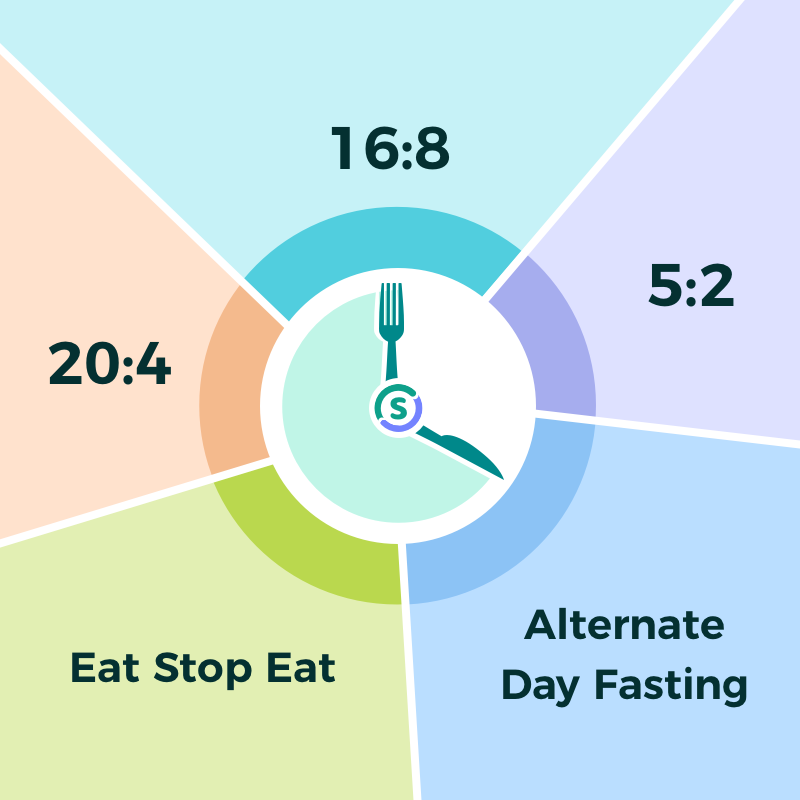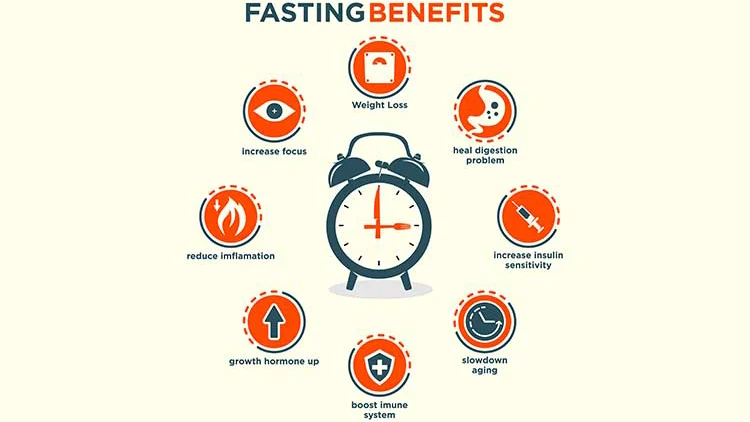Introduction: In recent years, intermittent fasting has gained popularity as a promising approach to weight loss and overall health improvement. Proponents praise its simplicity and effectiveness, while skeptics warn of potential risks and side effects. But what exactly is intermittent fasting, and is it truly a miracle method or a dangerous trend? Let’s delve into the science, benefits, risks, and controversies surrounding fasting to uncover the truth behind this increasingly popular dietary approach.
Key Takeaways:
- Intermittent fasting involves cycling between periods of eating and fasting, with various methods such as the 16/8 method, 5:2 diet, and alternate-day fasting.
- Proponents claim that fasting can promote weight loss, improve metabolic health, enhance brain function, and increase longevity.
- However, critics warn of potential risks, including nutrient deficiencies, muscle loss, decreased energy levels, and an unhealthy relationship with food.
- Scientific research on fasting is ongoing, with some studies supporting its benefits and others suggesting caution.
- Ultimately, whether intermittent fasting is a miracle method or a dangerous trend depends on individual factors such as health status, lifestyle, and adherence to healthy eating habits.
Understanding Intermittent Fasting:
Intermittent fasting involves alternating periods of eating and fasting, with several different methods to choose from. The most common approaches include:
- The 16/8 Method: This involves fasting for 16 hours and eating within an 8-hour window each day. For example, one might skip breakfast and only eat between 12 pm and 8 pm.
- The 5:2 Diet: With this method, individuals eat normally for five days of the week and restrict calorie intake to 500-600 calories on the other two non-consecutive days.
- Alternate-Day Fasting: As the name suggests, this method involves alternating between fasting days, where calorie intake is severely restricted, and regular eating days.

Benefits of Intermittent Fasting:
Proponents of fasting tout several potential benefits, including:
- Weight Loss: By restricting calorie intake during fasting periods, intermittent fasting can lead to weight loss by creating a calorie deficit.
- Improved Metabolic Health: Some studies suggest that fasting can reduce insulin resistance, lower blood sugar levels, and improve various markers of metabolic health.
- Enhanced Brain Function: Fasting may stimulate the production of brain-derived neurotrophic factor (BDNF), a protein that promotes brain health and may protect against neurodegenerative diseases.
- Increased Longevity: Animal studies have shown that fasting can extend lifespan and improve overall healthspan, although more research is needed to confirm these effects in humans.

Risks and Controversies:
Despite its potential benefits, intermittent fasting is not without risks and controversies. Critics raise concerns about the following:
- Nutrient Deficiencies: Extended fasting periods may lead to inadequate intake of essential nutrients such as vitamins, minerals, and protein.
- Muscle Loss: Fasting for prolonged periods without adequate protein intake may result in muscle loss, particularly if combined with insufficient physical activity.
- Decreased Energy Levels: Some individuals may experience fatigue, weakness, or dizziness during fasting periods, especially when starting fasting.
- Unhealthy Relationship with Food: fasting may exacerbate disordered eating patterns or lead to binge eating episodes during non-fasting periods.
Conclusion: Is Intermittent Fasting the Holy Grail of Health or a Fast-Passed Fad?
Intermittent fasting has gained popularity as a promising approach to weight loss and overall health improvement. While some studies support its potential benefits, others highlight potential risks and controversies. Whether fasting is a miracle method or a dangerous trend depends on various factors, including individual health status, lifestyle, and adherence to healthy eating habits. As with any dietary approach, it’s essential to consult with a healthcare professional before embarking on intermittent fasting to ensure it’s safe and suitable for your needs.





